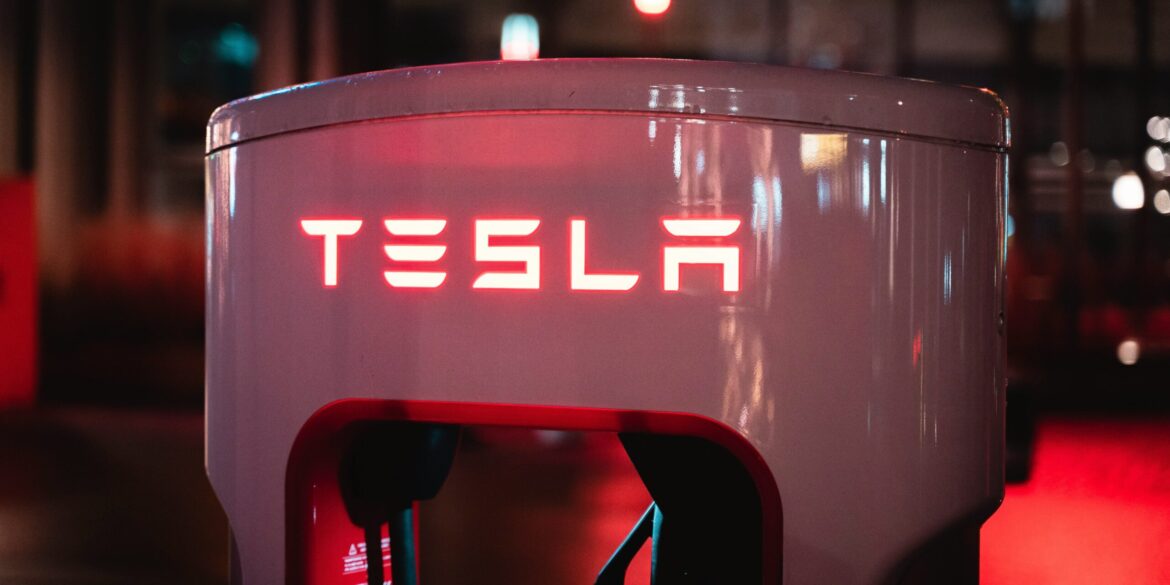Tesla Inc. has confirmed that it will begin the first phase of its long-anticipated robotaxi trials in Austin, Texas by the end of June 2025, with CEO Elon Musk emphasizing that the ambitious project remains on schedule. This marks a pivotal moment as the company moves closer to debuting a self-driving ride-hailing service using its Full Self‑Driving (FSD) technology.
In a recent CNBC interview, Musk detailed the rollout, saying Tesla plans to deploy approximately ten Model Y vehicles in carefully selected “safest” zones within Austin, before scaling up to around 1,000 units in the following months. These vehicles will initially require a human presence in the front passenger seat for safety, with live remote monitoring capabilities in place. The pilot will deploy a camera-based, vision-only system—eschewing radar or lidar—in an industry move that has drawn both attention and scrutiny.
Before the trial’s tentative launch date of Sunday, June 22, 2025, Tesla received a direct inquiry from the U.S. National Highway Traffic Safety Administration (NHTSA), seeking details on its robotaxi initiative. Regulators specifically probed Tesla’s safety protocols under adverse weather conditions—fog, rain, sun glare, and airborne dust—demanding clarity on how the FSD software would manage these scenarios in real time.
NHTSA, which continues its broader investigation into Tesla’s FSD system following collisions—including a fatal crash in 2023—received Tesla’s comprehensive response by the agency’s June 19 deadline. The agency’s ongoing review will evaluate everything from crash reporting practices to remote supervision measures and readiness in challenging environments.
Simultaneously, a coalition of seven Texas state legislators has called on Tesla to delay the trial until September 1, 2025—when new autonomous vehicle regulations go into effect statewide. The updated legal framework requires operators of driverless vehicles to obtain permission from the Department of Motor Vehicles, register fleets, and submit detailed emergency-response and first responder interaction plans.
The lawmakers assert that compliance with these standards is essential to maintaining public trust and ensuring passenger safety. However, they’ve yet to receive confirmation from Tesla regarding compliance. Notably, Texas’s previously laissez-faire vehicle autonomy laws—dating to 2017—bar municipalities from enacting stricter rules, allowing Tesla a relatively unregulated environment until September.
Public pushback has also arisen in the Austin community. On June 12, safety advocates from groups such as The Dawn Project staged a demonstration simulating a Tesla FSD failure—featuring child-sized mannequins on a school bus route. They criticized Tesla’s reliance on camera-only technology, highlighting its limited ability to detect pedestrians in complex environments.
Experts echo these concerns. Missy Cummings, a professor at George Mason University, described Tesla’s transparency on safety data as merely a “C” grade compared to more open practices by competitors like Waymo. Critics suggest that without redundant sensor systems, Tesla FSD’s camera-only approach may struggle—particularly under poor visibility conditions.
The robotaxi initiative is central to Tesla’s strategic pivot towards autonomy and artificial intelligence. Musk has indicated that his future efforts, including the Optimus humanoid robot project, are secondary to scaling up autonomy. He further noted on a recent earnings call that Tesla plans to offer owners with FSD-equipped vehicles the option to join the robotaxi network—potentially adding millions of vehicles and shifting revenue dynamics.
Analysts view the Austin rollout as a critical test. A smoothly executed trial could boost investor confidence and support Tesla’s high market valuation, which is increasingly tied to the company’s autonomous ambitions. Wedbush Securities’ Dan Ives remarked that this moment is “pivotal for Musk,” with widespread rollout contingent on favorable trial feedback.
As June concludes, all eyes will be on Austin. The outcomes of these early trials will have far-reaching implications, shaping not only Tesla’s future but also the broader future of autonomous urban mobility.

